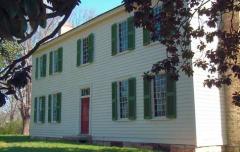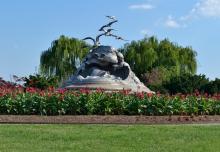 |
Navy – Merchant Marine Memorial
Washington, District Of Columbia |
Located in Lady Bird Johnson Park on Columbia Island, the Navy-Merchant Marine Memorial |
 |
Fort Zachary Taylor Historic State Park
Key West, Florida |
Named after 12th president Zachary Taylor, the U. S. |
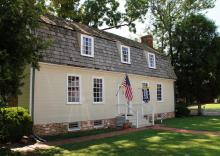 |
Wright’s Chance/Queen Anne’s County Historical Society
Centreville, Maryland |
Dating back to the 1700s, Wright's Chance is a Colonial period plantation house. |
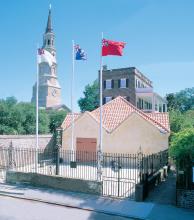 |
The Powder Magazine
Charleston, South Carolina |
Construction began on The Powder Magazine in 1712 and was completed by 1713, making it |
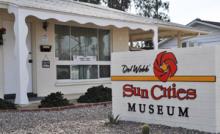 |
Del Webb Sun Cities Museum
Sun City, Arizona |
The Sun Cities Area Historical Society/Del Webb Sun Cities Museum is dedicated to the p |
 |
Steamship Historical Society of America
East Providence, Rhode Island |
THE STEAMSHIP HISTORICAL SOCIETY OF AMERICA was established in 1935 as a means of bring |
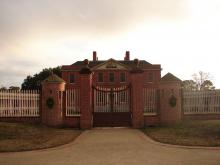 |
Tryon Palace
New Bern, North Carolina |
Tryon Palace is a modern recreation of the original palace, which served as the royal g |
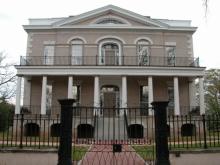 |
Hampton-Preston Mansion & Gardens
Columbia, South Carolina |
One of Columbia's oldest remaining historic houses, the Hampton-Preston Mansion was hom |
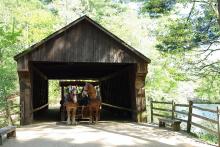 |
Old Sturbridge Village
Sturbridge, Massachusetts |
Old Sturbridge Village is the largest living history museum in New England, spanning o |
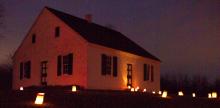 |
Antietam National Battlefield
Sharpsburg, Maryland |
It was at this battlefield that the Civil War saw its bloodiest single day battle. |
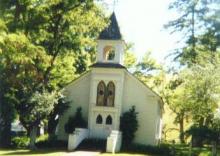 |
St. Joseph's Mission
Lapwai, Idaho |
This first mission for the Nez Perce Indians was built in 1874 near Mission Creek on la |
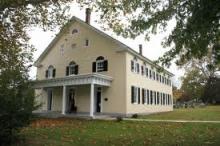 |
Old School Meetinghouse
Southampton, Pennsylvania |
This meetinghouse preserves three hundred years of church history in Southampton, which |
 |
Drum Barracks Civil War Museum
Wilmington, California |
The Drum Barracks Civil War Museum is housed in the last remaining wooden building of D |
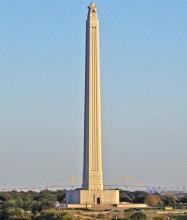 |
San Jacinto Battlefield & Monument
La Porte, Texas |
On April 21, 1836, Mexican rule over Texas came to a dramatic close. |
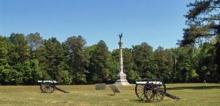 |
Chickamauga And Chattanooga National Military Park
Fort Oglethorpe, Georgia |
In 1863, Union and Confederate forces fought for control of Chattanooga, the gateway to |
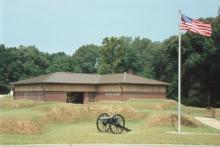 |
Vicksburg National Military Park
Vicksburg, Mississippi |
Patriotism during the Civil War was deep-rooted, and over 6 |
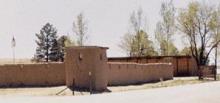 |
Fort Vasquez Museum
Platteville, Colorado |
This is the site of an 1835 fur-trading fort, following the paths |
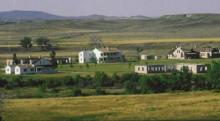 |
Fort Laramie
Fort Laramie, Wyoming |
Indians, trappers, traders, missionaries, emigrants, gold seekers, soldiers, cowboys an |
 |
Minuteman Missile National Historic Site
Philip, South Dakota |
|
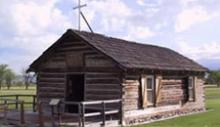 |
Historical Museum At Fort Missoula
Missoula, Montana |
It is located on 32 acres at the core of historic Fort Missoula (1877-1947), an area in |
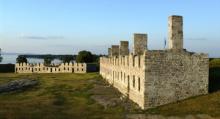 |
Crown Point State Historic Site
Crown Point, New York |
During the French and Indian War, Ft. |
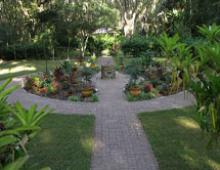 |
Dunlawton Sugar Mill Botanical Gardens
Port Orange, Florida |
Interpretive signs recount the history of this famous 16th century sugar mill and of th |
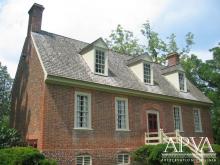 |
Smith's Fort Plantation
Surry, Virginia |
Nestled on the south side of the James River, Smith's Fort Plantation offers a quiet re |
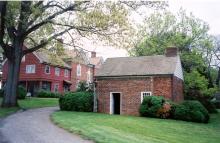 |
Mount Harmon Plantation
Earleville, Maryland |
The main building itself at this 290-acre site is a three-story, five-bay manor house d |
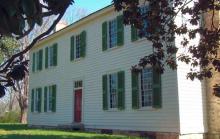 |
Travellers Rest Plantation And Museum
Nashville, Tennessee |
For over fifty years, Travellers Rest has been an integral part in the Nashville and mi |
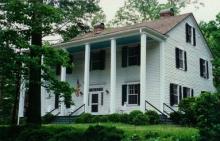 |
Archibald Smith Plantation Home
Roswell, Georgia |
For over 150 years, the Smith’s Plantation Home has stood the test of time as The Civil |
 |
Chesapeake Beach Railway Museum
Chesapeake Beach, Maryland |
Located in a train station that was in operation from 1900 until the Great Depression, |
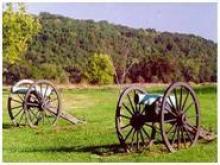 |
Wilson's Creek National Battlefield
Republic, Missouri |
The Wilson's Creek Civil War Museum (formerly the General Sweeny Museum) contains an ou |
 |
Georgetown Powerplant Museum
Seattle, Washington |
Much of the power produced at this plant operated the streetcars. |
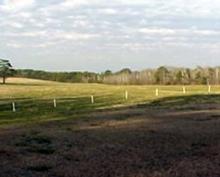 |
Horseshoe Bend National Military Park
Daviston, Alabama |
In the spring of 1814, General Andrew Jackson and an army of 3,300 men attacked 1,000 U |
